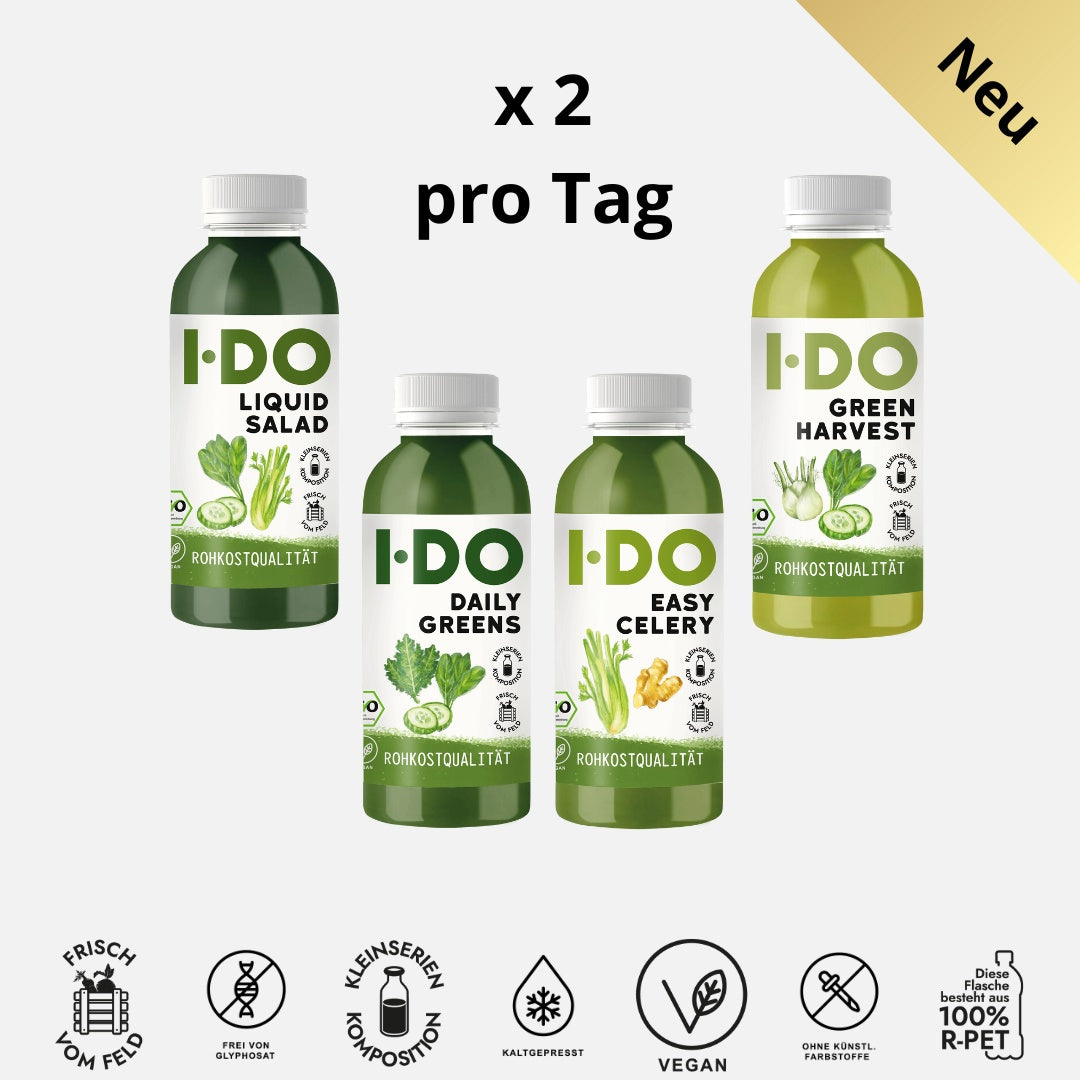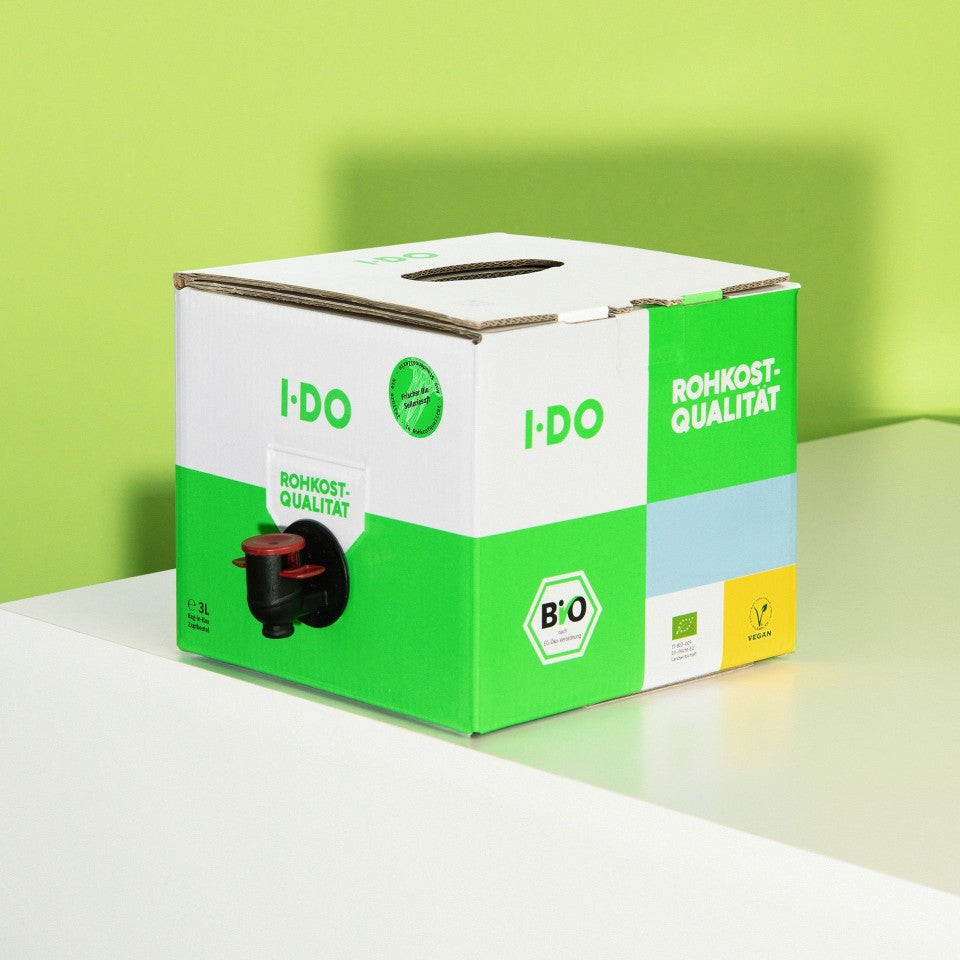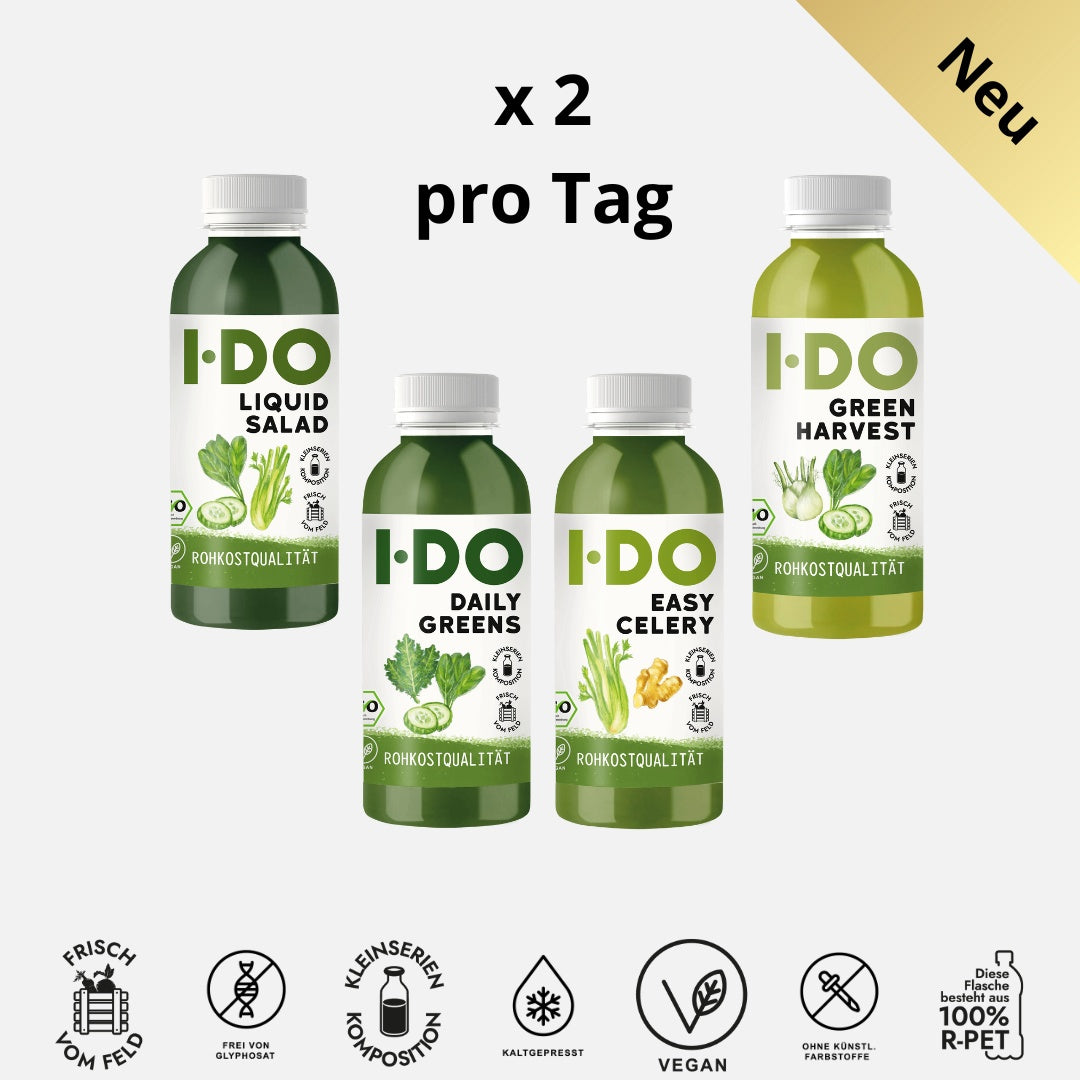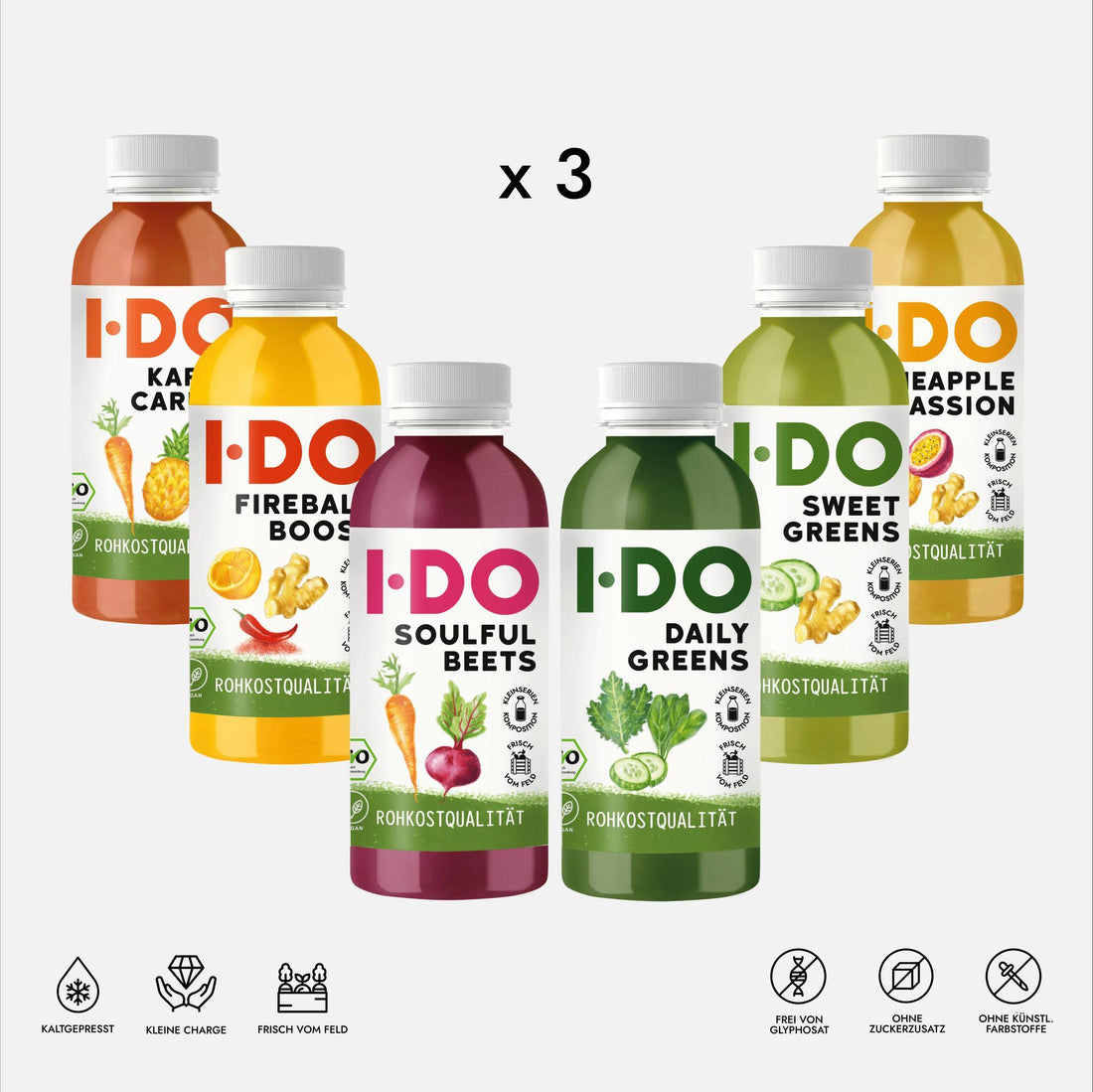Your digestive system is one of the most complex systems in your body. It's not only responsible for nutrient absorption, but also for your immune system, your energy levels, and your overall well-being. At its core is the gut – a kind of protective barrier between your body and the outside world.
But what happens when this barrier becomes permeable? When substances enter the body that shouldn't be there? This phenomenon is known as leaky gut (1).
What exactly does leaky gut mean?
The term Leaky Gut does not describe a disease in itself, but rather a disruption of the intestinal barrier, i.e., the protective cell layer that separates the intestinal contents from the rest of the body (1).
This barrier consists of epithelial cells, mucus, tight junctions (tiny cell connections), and immune cells. Its function is to allow essential nutrients to pass through while retaining bacteria, toxins, and undigested food particles (1).
Causes of a weakened intestinal barrier
When these protective mechanisms are weakened by stress, unbalanced diet, medication, alcohol or inflammation, microscopic gaps open between the cells.
This can allow substances to enter the bloodstream that trigger an immune response or inflammatory processes (1,2).
This increased intestinal permeability can lead to substances entering the bloodstream that don't belong there.
What are the symptoms of a leaky gut?
The consequences of a weakened intestinal barrier are often nonspecific, making them difficult to detect. Researchers emphasize that a leaky gut does not automatically cause illness, but can be a warning sign of an imbalance in the body (1).
Possible signs that may indicate a disrupted intestinal barrier include:
- Frequent digestive problems such as bloating, a feeling of fullness, or intolerances
- Energy slumps or unexplained fatigue
- Skin problems such as blemishes or eczema
- an increased susceptibility to infection
- Tendency towards inflammation in the body
These symptoms are highly individual and do not all have to occur at the same time. Nevertheless, they show how closely the gut, immune system and general well-being are linked (1,2).
Why nutrition is so crucial
Research shows that diet has a direct impact on the stability of the intestinal barrier and the balance of the gut microbiota. A healthy gut doesn't develop overnight, but rather through daily choices that reduce inflammation, strengthen the microbiome, and promote mucosal regeneration (2).
An important component of this is fiber-rich, plant-based foods, which serve as food for beneficial gut bacteria. Equally important is reducing pro-inflammatory factors – such as sugar, alcohol, and highly processed foods (2).
5 ways to naturally strengthen your gut barrier 💪
1️⃣ A high-fiber diet for a healthy gut flora
Dietary fiber from whole grains, legumes, fruits, and vegetables promotes the growth of beneficial gut bacteria. These bacteria produce short-chain fatty acids that nourish the intestinal lining and support its barrier function (2).
2️⃣ Fermented foods for a healthy microbiome
Foods such as yogurt, kefir, kimchi or sauerkraut provide probiotics that help to balance the intestinal flora and reduce inflammatory processes (2).
3️⃣ Less sugar, alcohol & processed foods
High consumption of sugar, alcohol, and highly processed foods can promote inflammation and increase intestinal permeability. Gradually reduce your intake and replace them with natural, unprocessed alternatives (2).
4️⃣ Stress reduction for gut health
Studies have shown that chronic stress can directly weaken the protective lining of the gut and increase its permeability (2). Relaxation techniques such as yoga, meditation, or breathing exercises help to calm the nervous system and relieve stress on the gut.
5️⃣ Targeted use of micronutrients & plant compounds
Vitamins and minerals such as vitamin D, vitamin A, zinc and polyphenols from plant-based foods promote the regeneration of intestinal cells and protect against oxidative stress (1,2).
Balance instead of perfection 🌿
A healthy gut doesn't need extreme diets or expensive detox programs. What really matters is balance: a varied, plant-based diet, sufficient fluids, exercise, and rest (2).
If you want to make your everyday life more natural, cold-pressed juices help you incorporate more plant diversity. Our I·DO organic raw food juices consist of 100% organically grown fruits, vegetables, and superfoods, without additives, but full of flavor. A simple way to enrich your diet with natural plant nutrients.
Conclusion: A healthy gut begins with conscious nutrition.
Leaky gut is not a myth, but a sign that your body needs support. A high-fiber, anti-inflammatory diet with plenty of plant variety, combined with sufficient rest and exercise, can help stabilize the intestinal barrier and promote your well-being (1,2).
Small changes in everyday life – such as eating more vegetables, fermented foods and mindful eating – are often the easiest way to gain more energy and inner balance in the long term.
Sources:
(1) Camilleri M. (2019). Leaky gut: mechanisms, measurement and clinical implications in humans. Good , 68 (8), 1516–1526. https://doi.org/10.1136/gutjnl-2019-318427
(2) Aleman RS, Moncada M, Aryana KJ. Leaky Gut and the Ingredients That Help Treat It: A Review. Molecules . 2023; 28(2):619. https://doi.org/10.3390/molecules28020619












